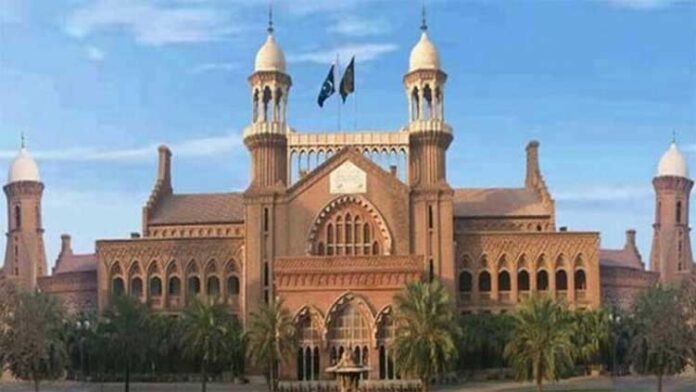Lahore, June 12: The Lahore High Court has temporarily suspended the enforcement of three sections of the recently enacted controversial Punjab Defamation Act 2024 until a final verdict is reached on a petition challenging the constitutionality and legality of the law.
The act which is seen as a draconian obfuscation of free speech by the press was formally challenged by journalists Riaz Ahmed Raja and Jaffar Ahmad Yar who called it both unconstitutional and illegal, arguing that it was ludicrous to allow a person to bring a claim of defamation without any proof.
During the hearing, LHC’s Justice Muhammad Amjad Rafiq also issued notices to the attorney general, Punjab advocate general, and the provincial government to submit their replies.
The petitioners’ counsel advocates Nadeem Sarwar and Shahbaz Akmal Jandran requested that the LHC fully suspend the “operation” of the defamation bill, arguing the law was against the independence of judiciary and freedom of expression.
They contended that the defamation bill 2024 was signed by the acting governor Malik Muhammad Ahmad Khan in unusual haste, despite significant concerns from the journalist fraternity, human rights organisations and opposition legislators.
The petition implored that a bill awaiting the governor’s assent and finally being signed by the acting governor could be termed a “draconian law and an authoritarian move”, saying that the definition of terms such as ‘journalist’ and ‘newspaper’ as stated under the law are very vague, obscure, irrational and ambiguous.
Journalist groups and civil organisations had previously announced a full boycott of the law, with the central Joint Action Committee (JAC) of the media bodies announcing a total boycott of coverage concerning all government affairs at both the provincial and federal proceedings in the National Assembly as a mark of protest.








